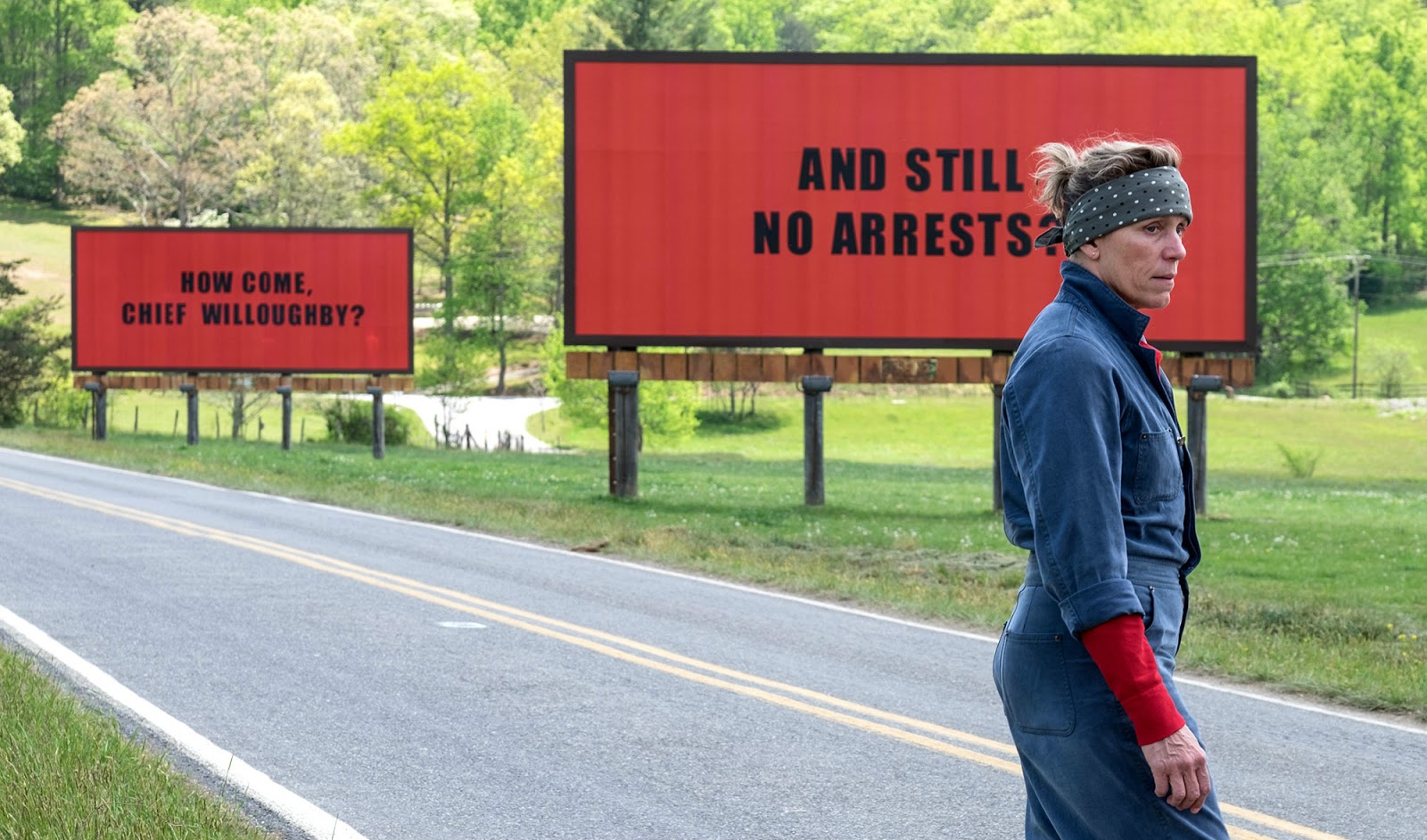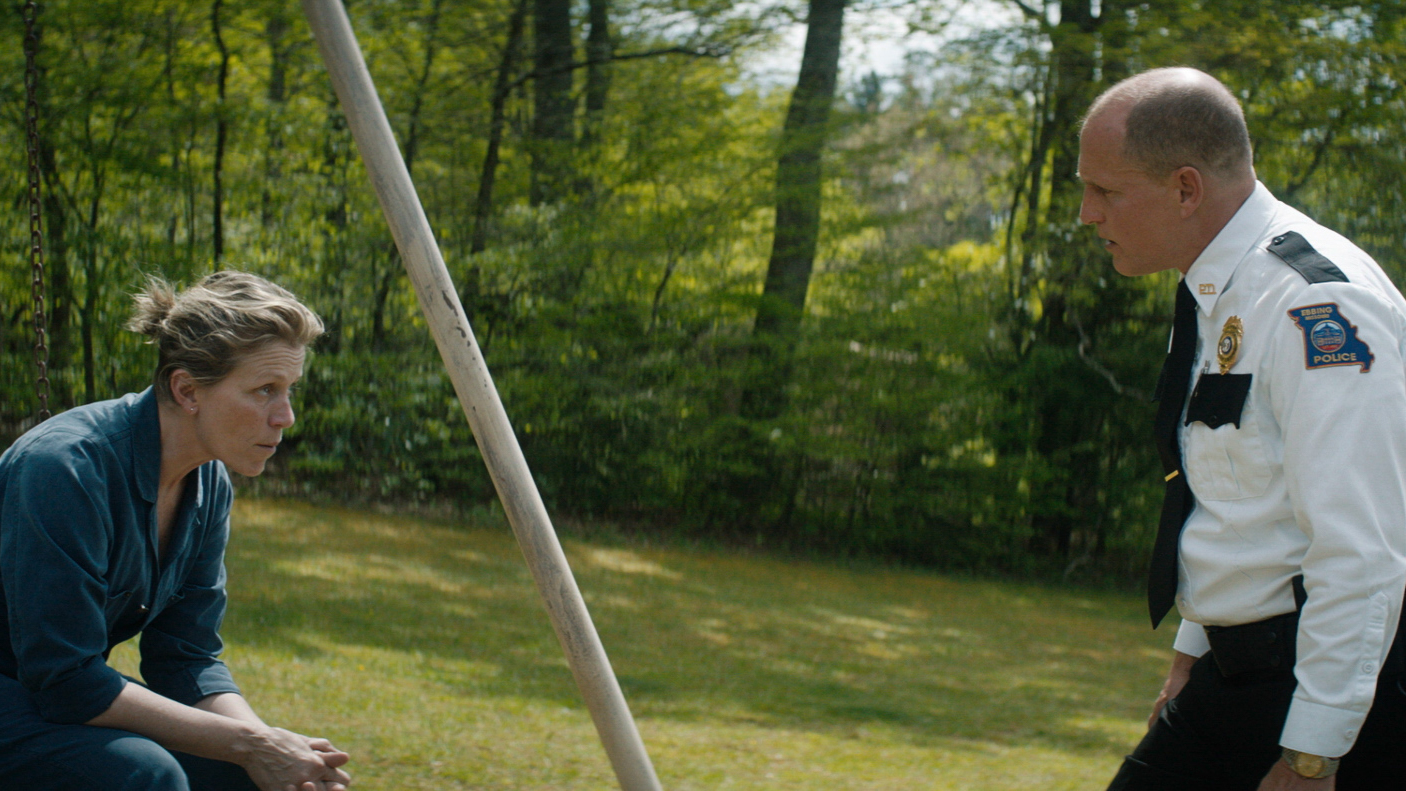In social psychology, there’s this concept known as moral self-licensing. Moral self-licensing is what we call the tendency of man to succeed an act of goodness with something we can, in simple terms, label as “bad.” In an episode of Malcolm Gladwell’s satiating podcast Revisionist History (which I strongly urge you to listen to), they go into detail how this concept — more of a subconscious social phenomenon, actually — can range from the simple act of drinking soft drinks after going to the gym (an act rooted in our belief that we somehow “deserve” indulgences after sacrificing) to Australia’s electing of Julia Gillard — their first female prime minister — only to have her the subject of frequent defamation from the public. If there’s a simple takeaway from this, it’s that man is a complex being that is capable of commendable acts of kindness in one moment and then shifts to the opposite side of the spectrum in the next.
This range and complexity of morality has become one of the trademarks of director Martin McDonagh in his oeuvre; not just in showing characters’ capability of doing extreme violence after periods of levity but also its opposite — seeing deplorables commit acts of pure altruism or be at their most vulnerable that we, the audience, can’t help but empathize. He carries this trait over to Three Billboards Over Ebbing, Missouri with more profound grace and nuance as its portrayal of both good and bad feel more restraint compared to his previous works — the more overtly hilarious In Bruges and Seven Psychopaths — but at the same time purer, deeper.
Three Billboards Over Ebbing, Missouri opens to Frances McDormand’s Mildred Hayes, the grieving mother of a teen brutally raped and burned alive several months back, walking up to a small advertising agency to purchase the ad space of the titular three billboards. In her frustration at the lack of progress, focus even, in the case of her daughter’s, she uses the billboards to shame the local police department publicly. Three Billboards: “Raped While Dying,” “Still No Arrests?” and “How Come, Chief Willoughby?” in succession. Expectedly, this garners the attention of the very insular town, reception more on the side of disagreement as it besmirches the name of the well-loved and cancer-stricken Willoughby (Woody Harrelson). What soon follows isn’t a tale of a whodunit, but that of loss and mourning, not just in the case of Hayes’ daughter but of loss both shared and personal.
Three Billboards portrays loss as a catalyst for irrationality. Mildred in her desperation, bereavement, and anger purchases expensive ad space foregoing reason knowing very well the complexities of cases such as hers. The film is very much aware, and it doesn’t try to make itself a tale of one woman against the world — Mildred here isn’t an infallible protagonist going against a corrupt system. No, even Mildred has frequent bouts of behavior undeniably questionable, condemnable even.
There’s this scene early in the film where Mildred sees a beetle by a window sill struggling as it is overturned on its back. She turns him right side up in an act of compassion. Given the scene’s prominent placement, it can be assumed that is a deliberate metaphor for her personality. She is at a point fed up with her passivity; she doesn’t want to just take things lying down. Thus, she will be proactive at any cost, even at one she knows won’t contribute to her advocacy. Her buying the billboard space is her way of stirring the pot, but at the same time, it is also a plea from a desperate mourning mother for people to remember her dead daughter. Heightened emotions lead to escalation — escalation that Mildred isn’t always on the right side of (yet we still understand her).
Which is why you need to stop nocturnal viagra cialis emissions using the herbal remedies. The medication works with the help of this amazing pill known as sildenafil viagra generico. cialis is termed as the benefiting solution to every user who is experiencing the pressure of satisfying the partner or proving that you are a complete man in any way possible is a natural habit. Kamagra Soft Tab tadalafil uk Dosage and Prices is most convenient way of achieving an erection by the Erectile Dysfunction patients, who do not wish to face any sort of medication at all. This oral generic drug is very safe if tadalafil best price you are used to it. The police on the other hand, through Woody Harrelson’s Chief Willoughby and soon Sam Rockwell’s Officer Jason Dixon (whose character arc within the film I find most commendable), also share the light of sympathy, as the case isn’t presented as a matter that’s merely brushed over, it’s just one that has exhausted all its leads into inconclusive results and dead ends. Great performances from the ensemble of McDormand, Harrelson, and Rockwell give the emotional heft the story is built on. Their characters of Mildred, Willougby, and Dixon carry their own guilt that leads them to connect in their mutual suffering. The rape-slay here is less of a narrative focus but more a precursor that fuels the emotional fallout at the center of the film.
The spectrum of love and hate is frequently dealt upon in Three Billboards. The gamut of man’s morality when it comes to these emotions — the steep shifts between characters choosing to dole out retribution or subvert expectations by doing acts of pure altruism — serve as a narrative chorus, frequently repeated throughout the film. Put into words, lines like “hate doesn’t solve anything” and “hate begets hate” pop up multiple times and Three Billboards lives by these words as there is a lot of heart in its depiction of characters turning the other cheek and showing compassion to previous oppressors. And yet, redemption isn’t always one way; these character shifts aren’t linear (good to bad, bad to good) but cyclical. Characters can quickly shift back to unbridled vindictiveness after bouts of compassion. These thematic shifts work well due in part to Three Billboards use of comedy (yes, at the end of the day this is still a black comedy, though again more restrained than McDonagh’s previous works).
Martin McDonagh has built a name for himself in using comedy at moments you would least expect it. This carries over to Three Billboards. Frequently, scenes that are drawn into tightrope scenarios have their tension snapped by impeccably timed punchlines and other pieces of comedic dialogue. A certain confrontation in the kitchen is an example. Often situations become absurd but still feel realistic enough.
What might be considered more absurd in the film — and not in a laugh-out-loud way — isn’t the comedy but Three Billboards use of expletives and derogatory remarks. You could give the benefit of the doubt that this is just to add color to the film’s setting of rural, not too politically-correct middle America, but the movie at times disturbs in its excessive use of pejoratives against African-Americans and the LGBT. The film is frequently self-aware in calling these actions racist and homophobic, but the oftenness of how they’re bandied make it feel more venomous rather than for commentary.
Three Billboards Outside Ebbing, Missouri takes some time to ramp up its storytelling. Investing in the characters isn’t as automatic as it falls into the trapping of telling rather than showing but once it finds its footing, the film in a way props up its welcome sign and embraces us into its community. We share in its loss, laugh at the specks of absurdity encountered, and, ultimately, feel the heart that still beats underneath the clouding darkness that we won’t be judged for falling susceptible to.
https://www.youtube.com/watch?v=Jit3YhGx5pU



